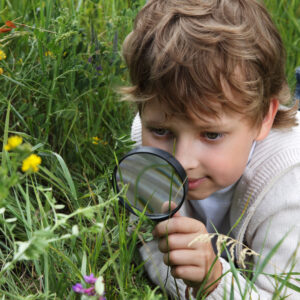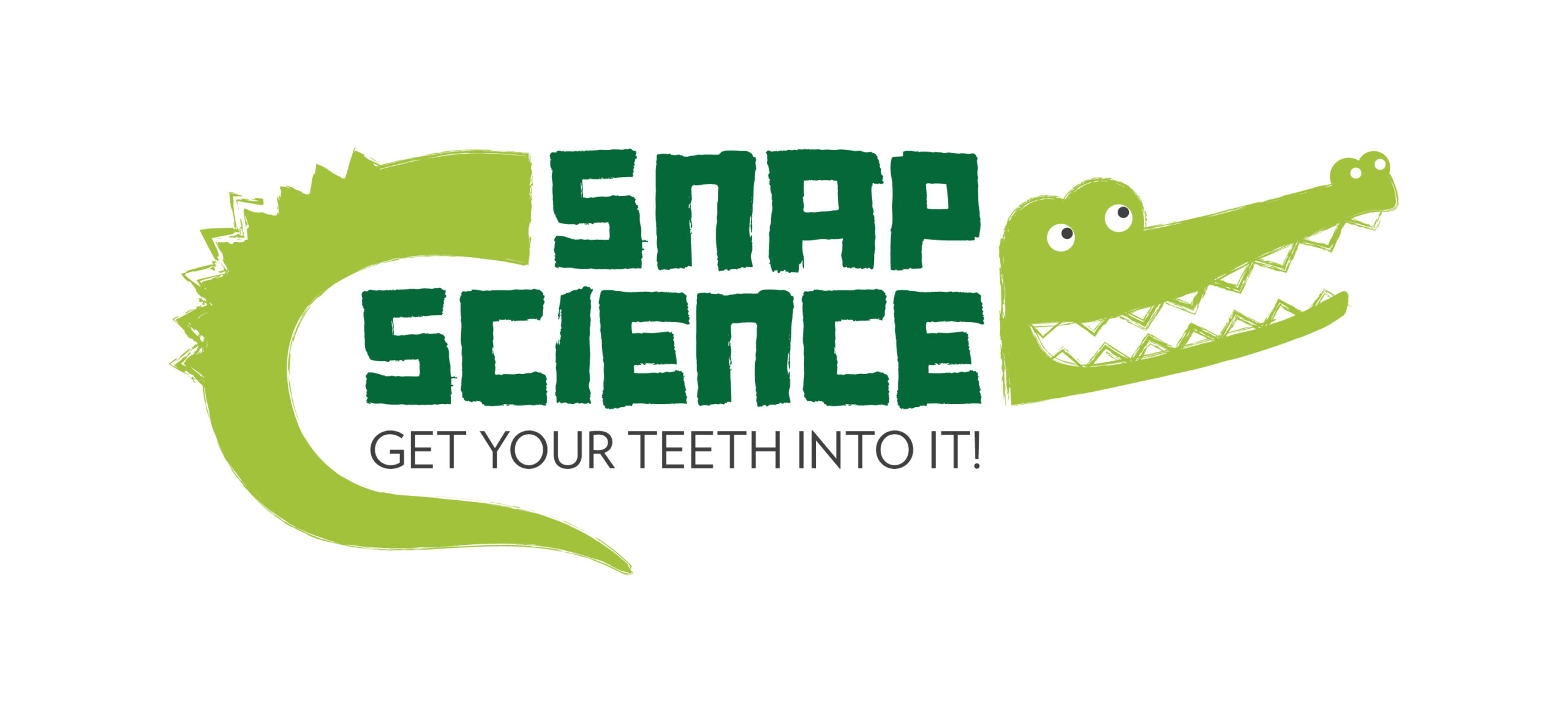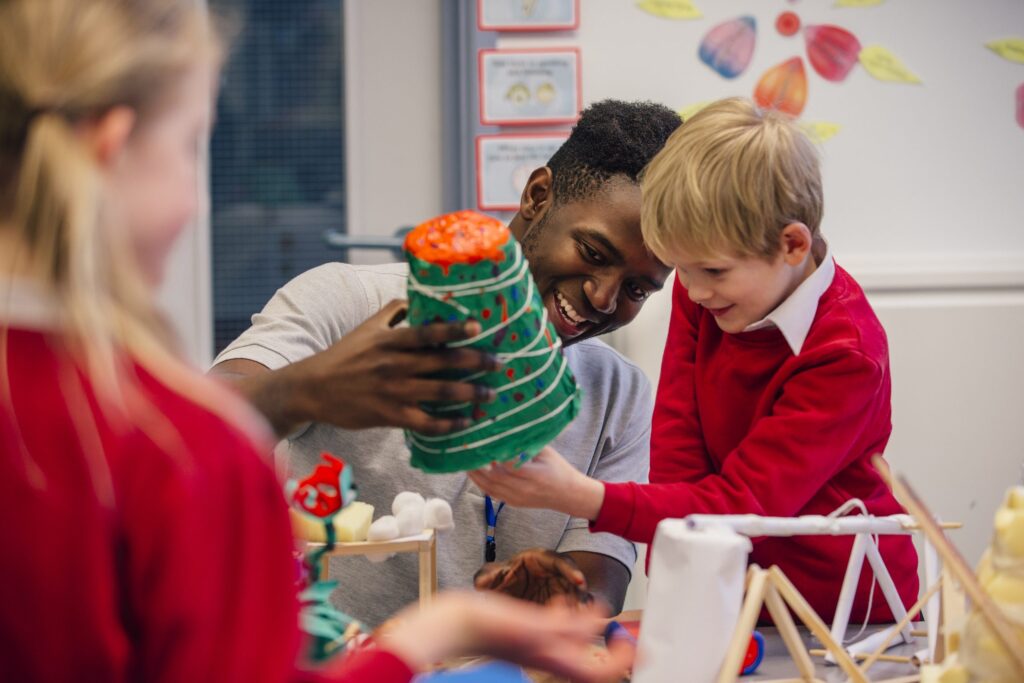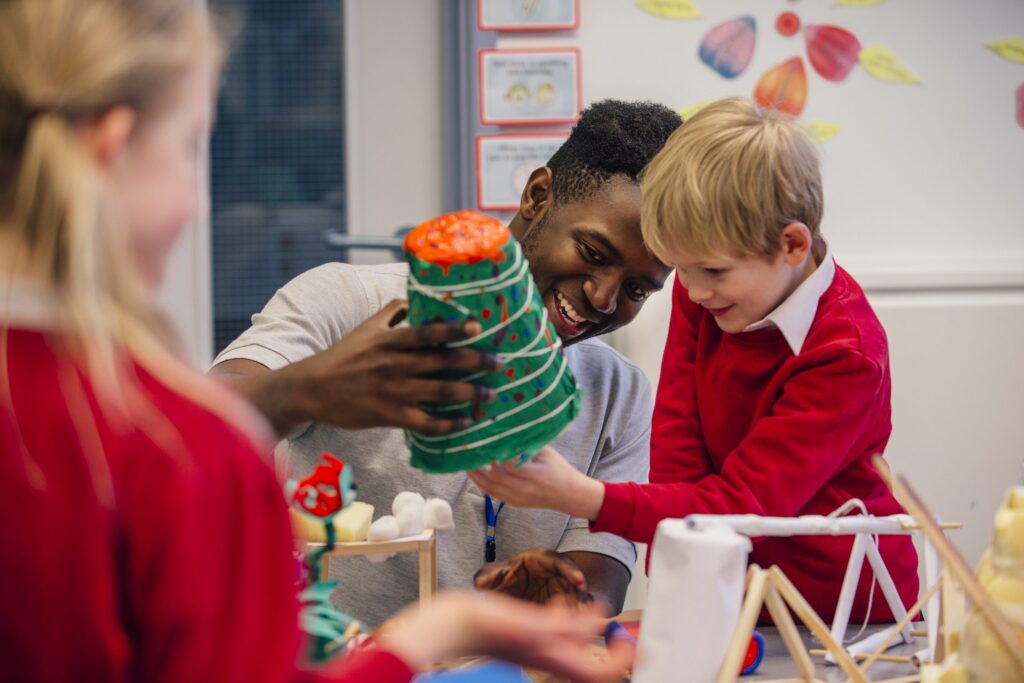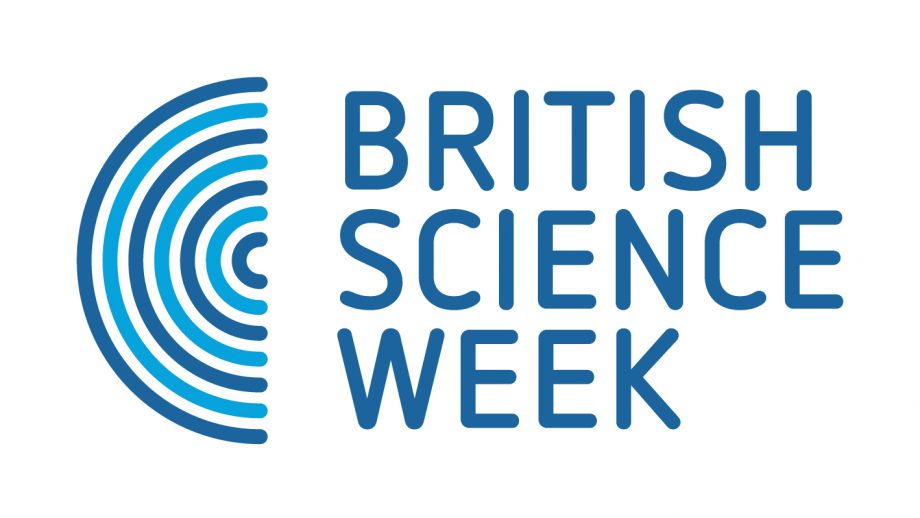Dedicated weeks in the school year are invaluable for focusing our minds on key subjects and British Science Week, this year celebrated from the 11th to the 20th March, is no exception.
The temptation is simply to focus on the many activities that have been formulated by organisations including the Science Museum and to ignore the original point of science – to make sense of the world in which we live.
These activities are designed to focus pupils on the scientific enquiry and ensure that the basic tenets of enquiry are an intrinsic part of our science work.
The key objective here is to transfer the enquiry from the teacher posing the questions and seeking answers from the students to the students asking the questions and then deciding how they can find out the answers.

Activity One – The Journey of the Planets Around Our Sun.
Suitable for Years 3 to 6
Learning Objectives:
- To know that the earth and the planets orbit the sun
- To be able to prove that the earth orbits the sun and not the other way round
- To be able to ask relevant questions and suggest ways to find out their answers
Four hundred years ago, Galileo, the Italian scientist and astronomer reiterated his belief in the work of Nicolaus Copernicus that the earth and the planets orbited the sun. Some might argue why it mattered but to Copernicus it did because he listened to the arguments of those who believed the biblical theory and, finding it didn’t fit with his observations, set out to prove the question – ‘What if the earth orbited the sun?’.
He tried several different methods to prove this including ‘parallax’ where he postulated that if there were conjunctions of the planets at a certain date each year then the earth must orbit the sun. His other theory showed concern that some of the planets appear to move backwards, something he said could only happen if the earth orbited the sun.
For this activity, choose a sunny day and, reminding the pupils not to look directly at the sun, ask them to think of scientific questions they could ask about the sun and the earth.
You may get questions which include the following…
Why does the sun appear white when high in the sky yet orange or red when low?
Does the sun go around the earth or the earth around the sun?
How big is the sun?
How far away from the sun is the earth?
Why does the sun not rise as high in the sky in winter?
All these questions, and others they may ask, can lead you to ask them how they can find the answer, or better still, how can they discover it for themselves?
For the question about the earth orbiting the sun, you can encourage them to draw circles on the playground and place a ball representing the sun or earth in the middle with other balls representing the sun or earth or planets in other circles around it. Ask them to move the balls around the circles, then draw what they see if they look at the scene from the horizontal plane. Move them again and draw the new image. Using the images they draw, they should be able gain a rough idea of why some arrangements work and others don’t.
Activity Two – Making Our Own Enquiries and Setting About Proving Them
Suitable for Years 3 to 6
Learning Objective:
- To be able to ask scientific questions about objects or situations
- To be able to hypothesise about a question
- To think of ways in which scientific questions can be researched and answered or hypotheses tested and proved or disproved
For this set of activities, you need to provide scenarios for the pupils to question then ask them to answer or prove their points.
Suggested scenarios include:
- Bring in a cactus plant and a lettuce plant and don’t water them for a week. Tell the children that you haven’t watered them and invite questions. The most likely is:
Why has the lettuce wilted whilst the cactus is still healthy?
- Connect a bulb to a battery and allow the pupils to watch the bulb dim and go out. The most likely questions are:
Why does the light go out?
What happened to the light?
Where did the energy go to?
- Show the pupils the colours in a paint colour chart and ask them to say what the colours are. Likely questions include:
Why do some of us say that colours are different to what the others say?
- Place a pile of different leaves on the desk and ask the pupils to look at them. Questions that are likely include:
Why are the leaves different shapes or textures or colours?
Which trees do they come from?
Will the tree survive without its leaves?
- Draw the blinds on the windows to your classroom or find a room where this is possible. Turn off the lights. Possible questions include:
Why does it go dark?
What has happened to the light?
From this set of activities, your aim should be to get questions from the students at the start of every science lesson. If you expect this every time, then scientific enquiry becomes natural. You can even encourage them to think ahead to science lessons through the year and to formulate questions they want answered in them.
Cultivate a spirit of enquiry in your pupils with Snap Science, with practical exploration and investigation activities to inspire the whole class.


